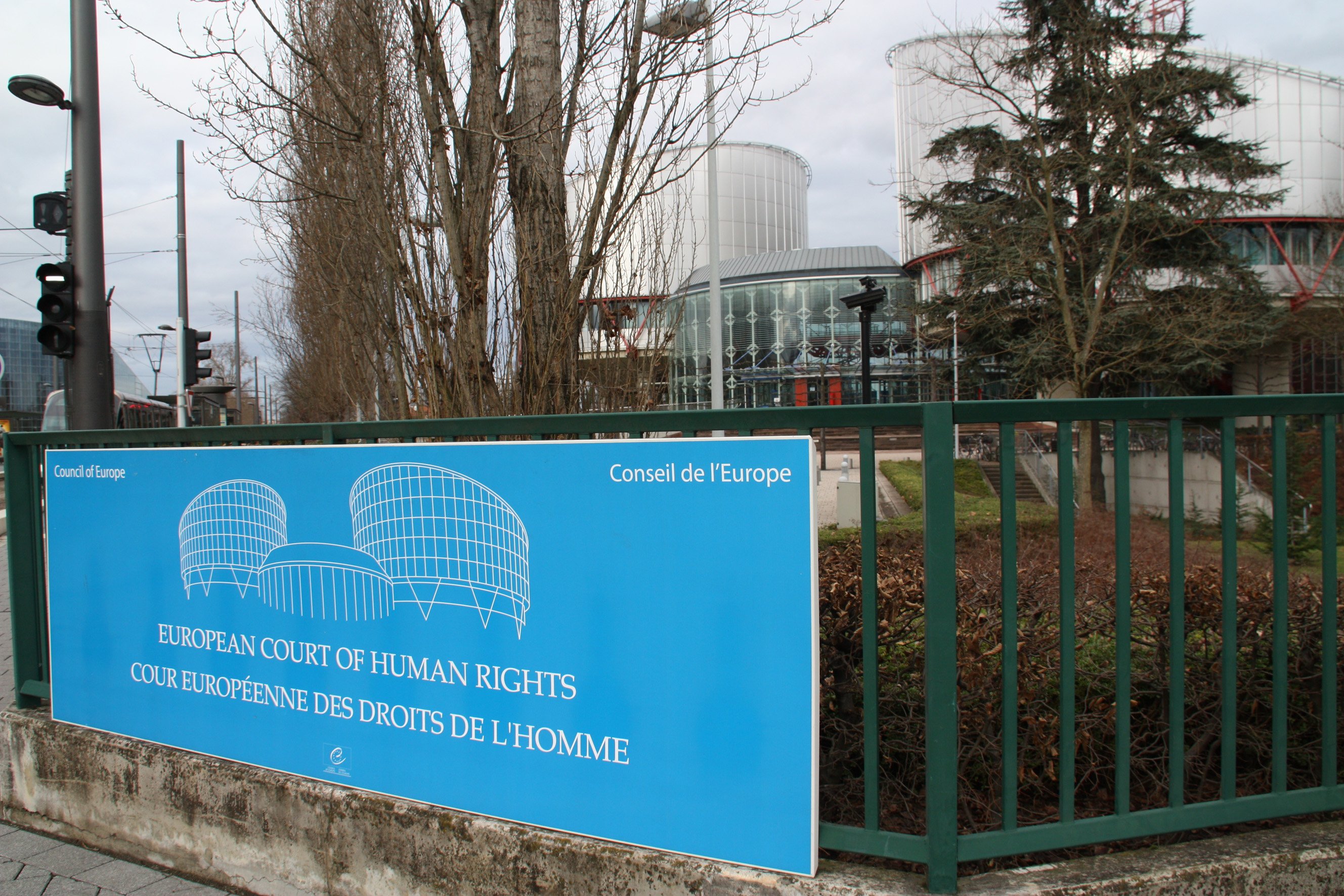The European Court of Human Rights (ECHR) has condemned the Spanish state over the publication in the newspaper La Razón of a photograph showing the personal ID numbers of 33 Catalan judges who had declared their support for the sovereign right of Catalonia to decide its own political future, the so called "right to decide". In the ruling made public on Tuesday, the court held that the right to privacy of the judges had been breached after their personal details were included in an article published in March 2014 whose title translates as "The conspiracy of the 33 sovereignist judges". The photo of the judges' ID numbers published in the article was taken from a police report and, according to the ruling of the Strasbourg-based court, the fact that the police report existed, "drafted without being in accordance with any law", already constitutes a violation of the right to privacy to those affected.
The judges concerned lodged a complaint that was rejected, in the first instance, by a court in Madrid, which considered that the leak of the police report constituted a criminal offence, but could not be attributed to a specific person. A more senior court, the Madrid Audience, also ruled against the admission of the complaint in April 2016, and twenty of those affected decided at that point to file a case before the European Court of Human Rights, which was presented on April 26th, 2017. That court has now held that the leaking and publication of the photographs violated the right to privacy of the 33 judges.
Violation of the right to privacy
The court concludes that Article 8 of the European Convention on Human Rights was violated in relation to the right to respect privacy and family life. In the opinion of the chamber, there had been an invasion of the privacy of those affected. The court maintains that not only was there police interference in the privacy of the judges, when their obligation "is to actively protect individuals from arbitrary interference" in their private life, but that this was done without any internal legal provision authorizing the compilation of information about those affected, because it was not related to the commission of any crime.
The court notes that the reports contained "personal data, photographs and certain professional information (partially extracted from police identification databases)" and, in some cases, political opinions, which violate the right to privacy. It is unquestionable, its stresses, that data from judges was extracted from police databases.
The Spanish state, responsible
The ECHR states that the Spanish state failed to verify who was responsible for the leaking of personal data to prepare the reports, which were later published by the newspaper La Razón. Thus, it emphasizes that although some witnesses were summonsed to testify during the judicial investigation, "the chief of police of Barcelona should have been subpoenaed to appear" since the complaint was filed against him, as the person was responsible for the police data base. The chamber concludes that the Spanish state breached its obligations under the European Convention on Human Rights.
For this reason, the ECHR orders the Spanish state to compensate the twenty plaintiffs with 4,200 euros for non-pecuniary damage and 3,993 euros or expenses and costs.
Confession of commissioner Pino
In fact, on May 31st this year, the newspaper El País claimed that, between 2012 and 2016, the so-called patriotic police led by commissioner Eugenio Pino secretly investigated the 33 judges who signed a manifesto in favour of Catalonia's right to decide its political future. The manifesto was signed in February 2014, months before the unofficial independence consultation in Catalonia on November 9th, and photos of these judges were published in the newspaper La Razón. The images came from the police database for citizens' ID cards, and Pino, seeing that a problem was approaching, planned to remove the records in order to avoid being associated with the leaking of the photographs. El País obtained this information thanks to the multiple recordings confiscated from former police commissioner José Manuel Villarejo, himself highly implicated in the patriotic police brigade that existed under the interior ministry led by the PP's Jorge Ferdández Diaz. Spain's highest body of judicial governance, the General Council of the Judiciary made a complaint about the police investigation into the judges, but was also critical of the judges themselves for taking part in the manifesto, although the document was very measured and juridical.

